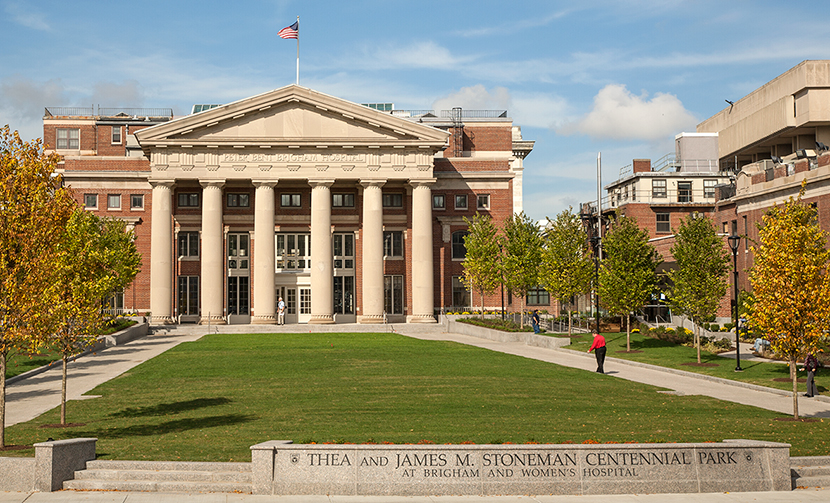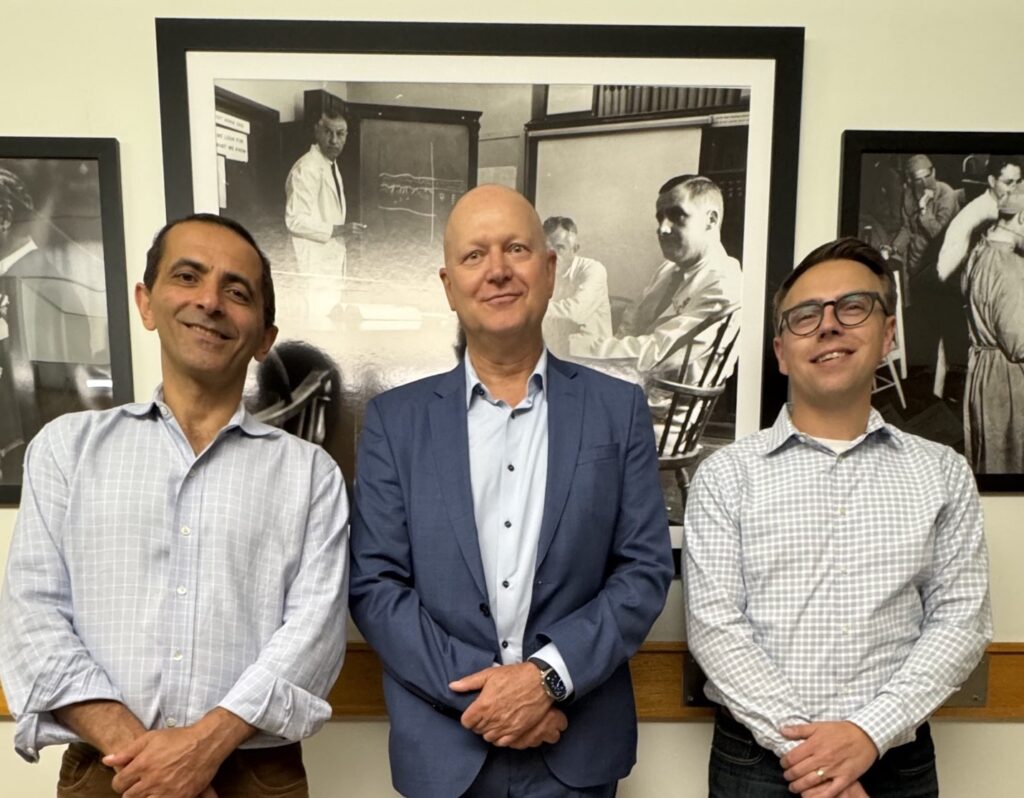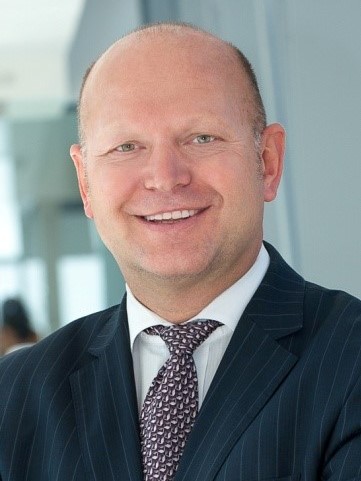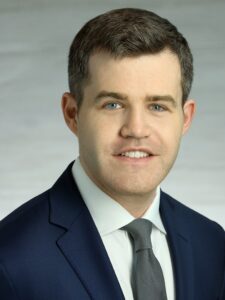The American Society of Clinical Oncology (ASCO) has elected Elizabeth A. Mittendorf, MD, PhD, MHCM, FASCO, the Robert and Karen Hale Endowed Chair in Surgical Oncology and vice chair for Research in the Department of Surgery at Brigham and Women’s Hospital, a founding member of Mass General Brigham, to lead as its President beginning in June 2026. Dr. Mittendorf, a long-time ASCO member and volunteer, will take office as President-Elect immediately following the ASCO Annual Business Meeting in Chicago on June 2, 2025.
Dr. Mittendorf is also the director of the Breast Immuno-Oncology program, co-leader of the Parker Institute for Cancer Immunotherapy at the Dana-Farber Cancer Institute, and co-leader of the Breast Program for the Dana-Farber/Harvard Cancer Center.
Dr. Mittendorf’s extensive volunteer history with ASCO includes serving on the ASCO Board of Directors from 2019-2023, when she also served as the Society Treasurer from 2022-2023. She is also a past chair of the Conquer Cancer Grants and Awards Selection Committee, and past member of the Annual Meeting Scientific Program Committee and Best of ASCO Planning Committee.
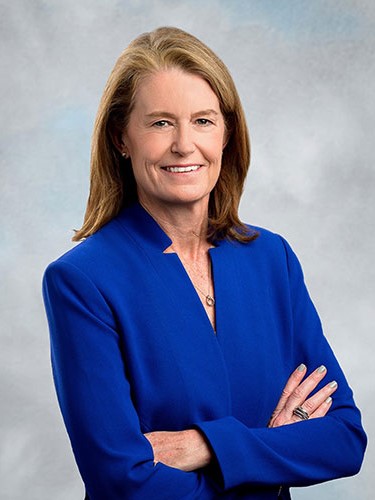
ELIZABETH MITTENDORF, MD, PHD, MHCM, FASCO
Vice Chair for Research, Department of Surgery
Robert and Karen Hale Endowed Chair in Surgical Oncology
Brigham and Women’s Hospital
Director, Breast Immuno-Oncology Program
Co-Leader, Parker Institute for Cancer Immunotherapy
Dana-Farber Cancer Institute
Professor of Surgery, Harvard Medical School
Dr. Mittendorf is a graduate of Case Western Reserve University School of Medicine, where she also completed a residency in general surgery. After completing her residency, she served on active duty in the United States military before completing a fellowship in surgical oncology at the University of Texas MD Anderson Cancer Center. Dr. Mittendorf also holds a PhD in immunology from the University of Texas Graduate School of Biomedical Sciences at Houston.
Prior to joining Brigham and Women’s Hospital and Dana-Farber Cancer Institute, Dr. Mittendorf was a professor in the Department of Breast Surgical Oncology at the University of Texas MD Anderson Cancer Center. Dr. Mittendorf is board certified by the America Board of Surgery. She maintains a busy clinical practice and oversees a portfolio of clinical trials, as well as a basic laboratory effort.
She is principal investigator on a number of clinical protocols, including the phase III PRESENT (Prevention of Recurrence in Early-Stage, Node-Positive Breast Cancer with Low to Intermediate HER2 Expression with NeuVax Treatment) study, and a multicenter phase II trial investigating the efficacy of a CD8+ T cell eliciting vaccine in combination with trastuzumab, which is based on preclinical data generated in her laboratory and follows a phase I trial she conducted demonstrating the combination to be safe. This trial is supported by a Breakthrough Award from the Department of Defense (DoD).
Dr. Mittendorf is also the principal investigator on a multi-center trial supported by the National Cancer Institute (NCI) evaluating the impact of vaccination in patients with ductal carcinoma in situ, a trial evaluating the impact of preoperative radiation therapy on the immune response in breast tumors, as well as two investigator initiated studies evaluating immune checkpoint blockade administered to breast cancer patients in the presurgical setting.
Her laboratory work is focused on identifying novel tumor antigens and investigating aspects of the tumor microenvironment that impact the response to immunotherapy. Specifically, she is investigating mutations in the ESR1 gene as targets for vaccination, as well as the impact of standard therapies on the immune microenvironment with the goal of informing rational clinical trials evaluating the addition of immunotherapy to treatment regimens for breast cancer patients. This work is supported by the Komen for the Cure Foundation and the Parker Institute for Cancer Immunotherapy.
